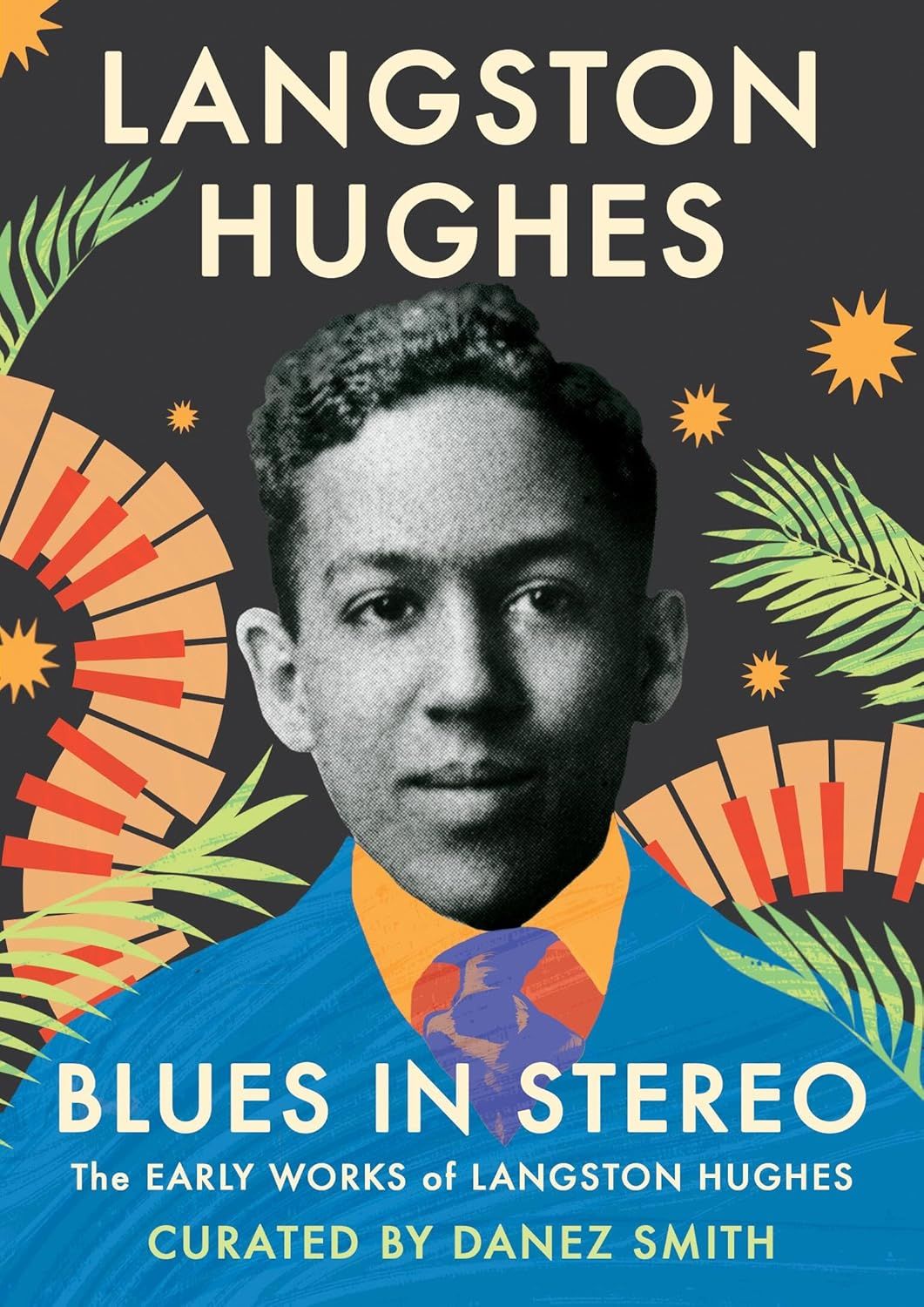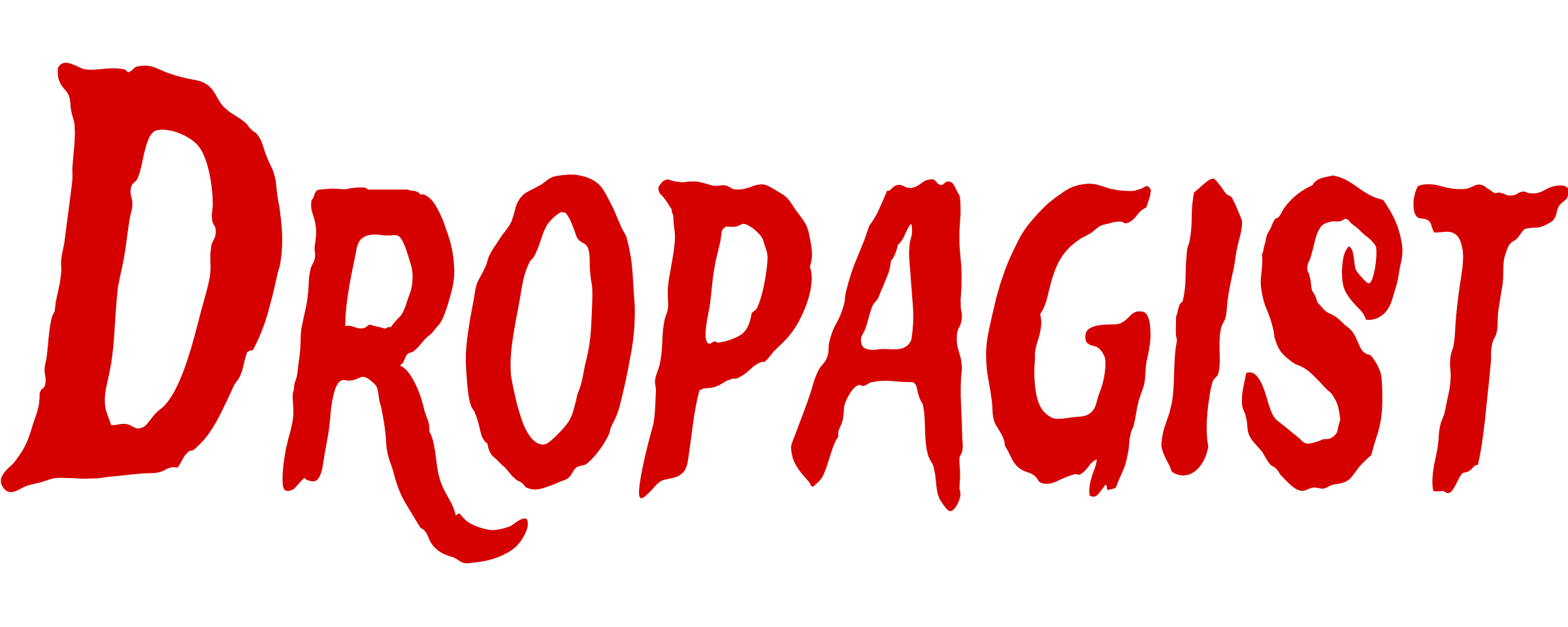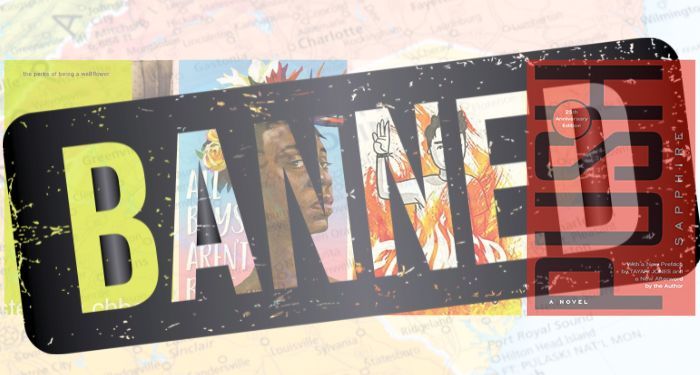Recently, I signed up for an online fiction class through indie D.C.-based bookstore Politics and Prose. The class hits on a very specific subject (that has also been a great interest of mine for a little while now): Black expatriate writers living and writing in Paris. If you’re wondering how a class could be formed around such a seemingly small niche topic, it’s because there were actually a great deal of Black American creatives escaping the lynch-happy Jim Crow South for the still-racist-but-less-deadly Paris, France.
From Josephine Baker to James Baldwin, there has been a long tradition of Black American creatives who have sought refuge in the Mediterranean country. Langston Hughes was one of them—for a time.
Though the class I’m taking had us reading Hughes’s debut poetry collection, The Weary Blues—which I still think you should read—I think you should start with Blues in Stereo.
 Blues in Stereo by Langston Hughes, curated by Danez SmithThe collection was just released in November, and why I recommend it before other Hughes collections is because it’s curated by Danez Smith, another acclaimed queer Black poet who counts themself as a literary descendant of Hughes. They open with an introduction to their experience with Hughes’s work, and how it guided them on a path to becoming a poet themself. They then give a brief account of the importance and impact of Hughes’s work, not only for Black Americans, but for the entire American literary canon. Hughes wrote back in history and dignity for a people who, at the time, were being denied both. He summoned our ancestors with his talk of rivers and fitted his lines with notes of jazz. On Hughes’s time in Harlem, Smith wrote: “In Hughes’s Harlem, there’s a wild, queer, and loving brood of Black artists, each one talented and each one aware of art’s potential to break open the world. Hughes lived this and it is felt in his poems.” Reading the context provided by Smith gives more weight to the poems gathered, which include published and unfinished work from the formative years of Hughes’s career. If you’d like to learn more about the project, Smith speaks more about their process in this conversation in The Emancipator. |




)



)
 English (US) ·
English (US) ·